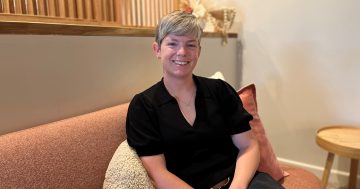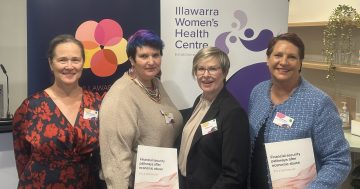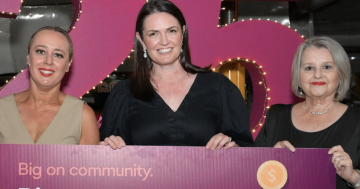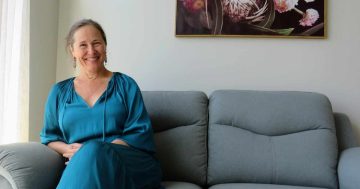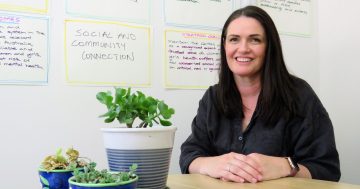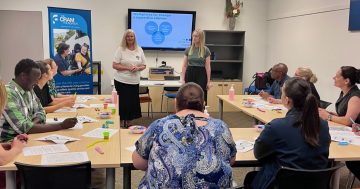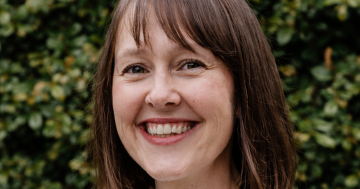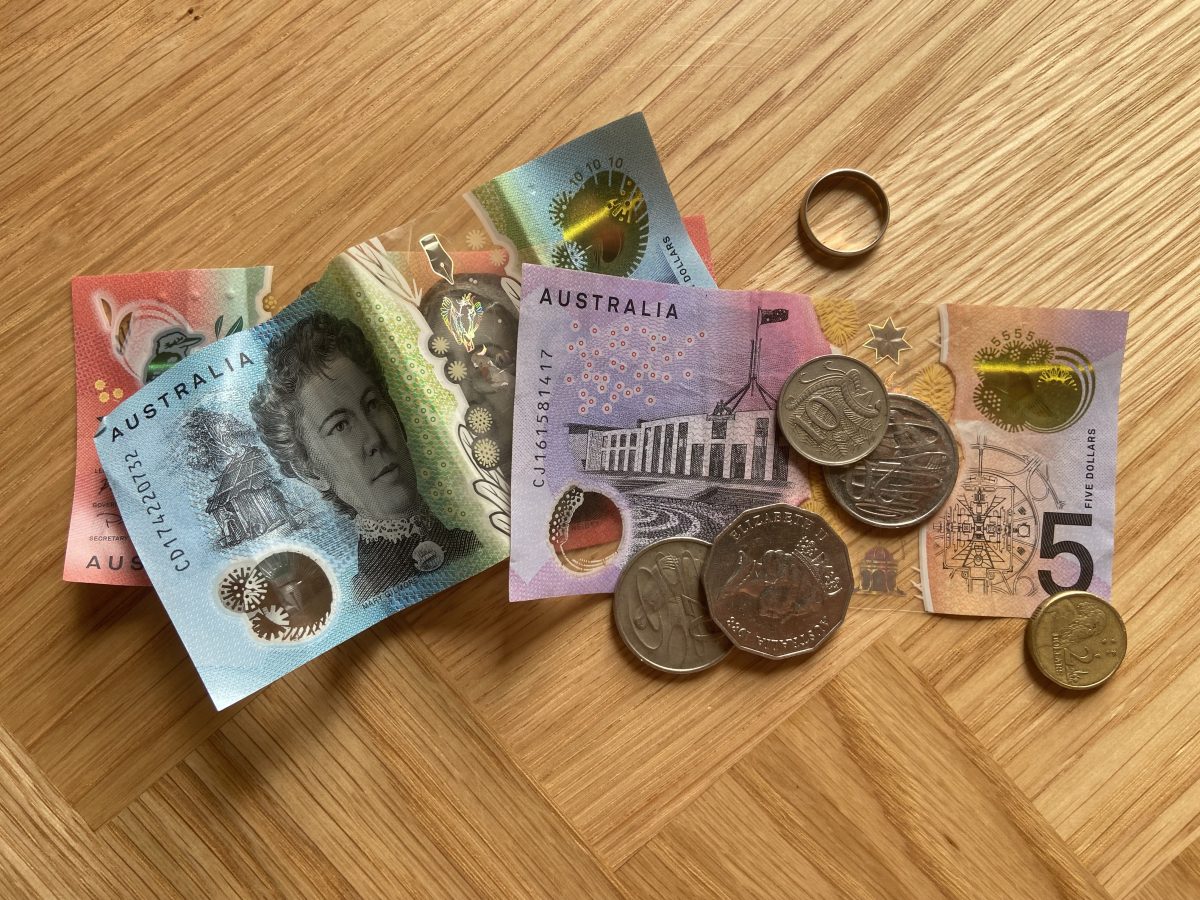
Financial abuse can be hard to recognise – and harder to escape, but help is available. Photo: Region.
Financial abuse is so insidious many women don’t realise it’s happening until it’s too late.
It’s one of the main reasons women stay in abusive relationships, Illawarra Women’s Health Centre general manager Sally Stevenson said.
“Younger women will continue to receive abuse to ensure their children have a roof over their heads,” Sally said.
“Women of all ages, but especially women aged over 55 are often stuck in a situation where they have to choose between a violent home or sleeping in the car.”
Financial counselling is a critical support measure for many women seeking to escape unsafe relationships – and services in the region have recently received a boost.
Financial counselling is already available at the Illawarra Women’s Health Centre and through Women Illawarra.
When the Illawarra Women’s Trauma Recovery Centre opens in coming months, a dedicated financial counselling service will be available there, too.
The Centre for Women’s Economic Safety (CWES) Money Clinic will provide independent financial safety planning, information and support for more than 180 women a year in one-on-one sessions with a qualified, female financial counsellor who is violence and trauma informed.
CWES CEO Rebecca Glenn said the organisation helped women escape abuse by developing financial independence.
“Economic abuse is deeply complex by nature,” Rebecca said.
“It’s a type of domestic and family violence that affects a person’s self-sufficiency and financial stability by controlling their ability to gain, access or maintain economic resources such as money.
“This type of abuse causes long-lasting and devastating effects to a person’s life and can look like controlling access to cash or banking accounts, hiding information about finances, assets or levels of debt, as well as manipulating situations or financial information to the detriment of a victim.
“Money Clinics have no income, asset or geographic eligibility criteria, no visa requirements, nor minimum or maximum number of sessions. All sessions are free of charge to the women they support.”
Sally said there was an important reason the Money Clinics had no eligibility criteria.
Financial abuse occurs in all income brackets, and the appearance of wealth isn’t necessarily an accurate depiction of what’s going on behind closed doors.
“Red flags for financial abuse can be if you’ve got no access to bank accounts or joint bank accounts,” she said.
“So maybe you’re being given limited access to money, or only allowed to spend money on children and your partner buys your clothes and other items.
“It could also look like being asked to sign multiple documents you’re not really sure of, and not getting information around your financial situation with your partner.
“Sometimes women aren’t aware of financial abuse until they try to leave and discover all the household debts have been put in their name.
“It’s case by case, you never can tell. ”
The sessions can be conducted in person, online or over the phone, and there are no limits on the number of appointments.
A new partnership between the Greater Charitable Foundation and the Centre for Women’s Economic Safety (CWES) has helped fund the expansion of the program.
Greater Charitable Foundation CEO Anne Long said support for women fleeing these situations was essential.
“It’s incredibly difficult to leave abusive situations, and with cost-of-living pressures in recent years, leaving becomes that much harder,” she said.
“Around 16 per cent of Australian women have experienced economic abuse throughout their lives, so appropriate services to help these women leave and recover from these situations is vital.”
For those seeking to access CWES’ Money Clinics and other available services, please visit: https://cwes.org.au









